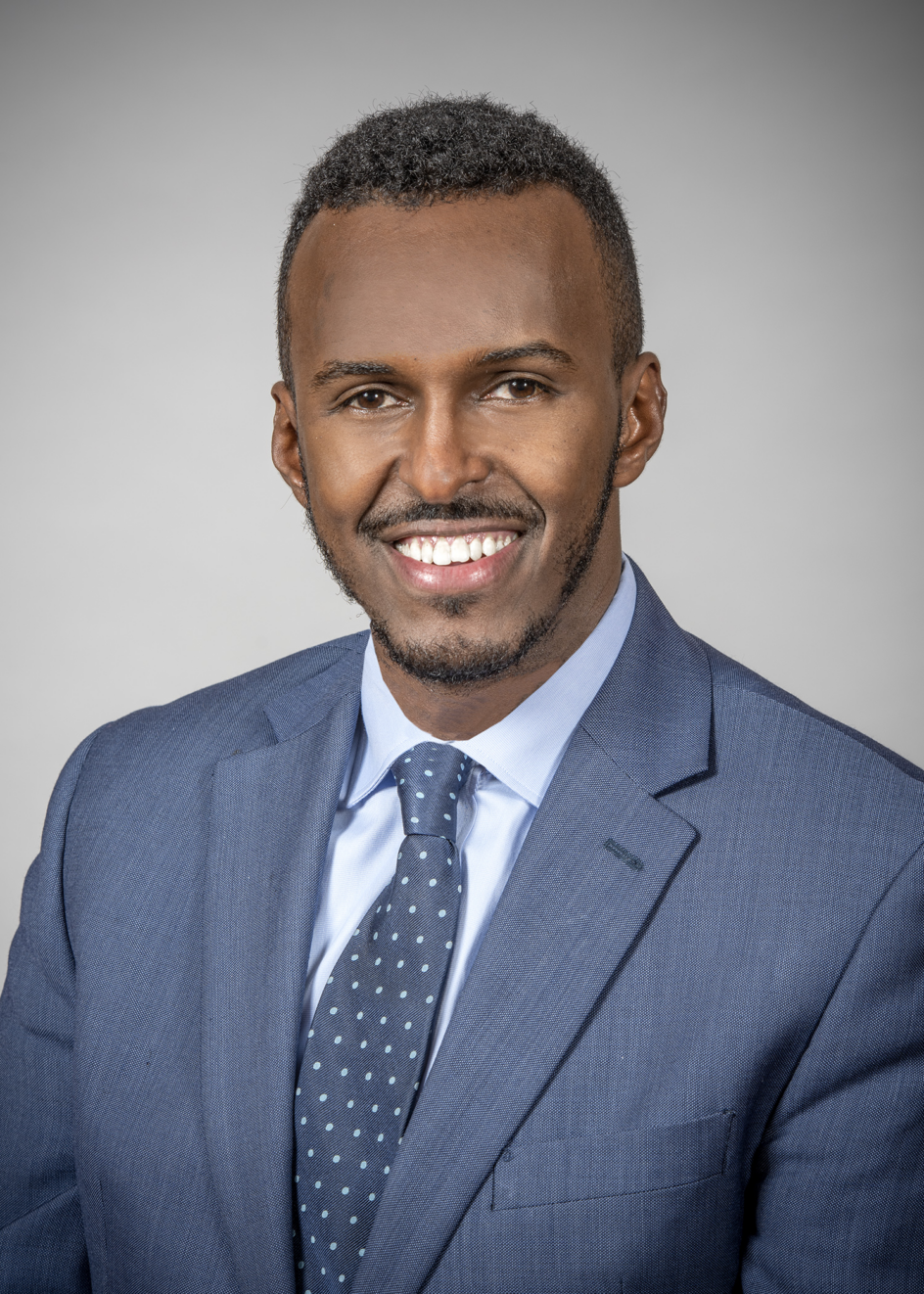The number of places of worship nationwide is decreasing, but faith remains. What role does faith play in the modern world? We asked five Ohioans to share what it means in their daily lives.
Ismail Mohamed is an Ohio State Representative and the first Somali-American attorney to practice in Ohio. A refugee from Somalia, he lives in Columbus and owns his own legal practice specializing in personal injury, immigration and criminal law.
My faith is something that advises me when I need help, guides me when I am lost. To me, faith is about being compassionate and inclusive and should never be used to exclude people.
I was born in Somalia, a country in the horn of Africa, into a big family in the Muslim community. When I was 5, as a civil war raged, my family fled the country. We went to Ethiopia, then Kenya. Finally, when I was 12, we immigrated to the United States.
Columbus has the country’s second-largest Somali population, so it’s a natural place for other Somali refugees to land. As immigrants, there’s a tendency to stick together, and extended families, like mine, often stay close.
During my 18 years in Columbus, I’ve seen a big change in terms of Muslims being able to be more open about their faith. More mosques and religious centers are being built throughout the city. We live in a very welcoming city where you’re not shunned because of your faith.
Faith is a big part of my life. I’m not the most religious person in the world, but I grew up in my faith, and I pray five times a day. I look to my faith as a guiding principle in terms of what’s acceptable and what’s not in terms of values. I don’t belong to any specific mosque—I go to any mosque around me.
As the Ohio State Representative for District 3, I am also one of the first Somali Muslims elected to the Ohio General Assembly. Rep. Munira Abdullahi, from Ohio House District 9, is also a Somali Muslim elected this year. It is my goal that we use our roles as elected officials to focus on being inclusive.
The Ohio Statehouse has held many religious gatherings, but until recently, never for iftar, which is a fast-breaking dinner during the holy month of Ramadan. In 2023 I hosted the Statehouse’s first iftar celebration attended by several elected officials, interfaith community leaders and community members. People were excited and want to be a part of it going forward. It sends a message that the Statehouse is the people’s house, that everyone is invited, that all communities are welcome.
I was also very honored to be invited to the White House as just a freshman State Representative for President Biden’s Eid al-Fitr celebration.
When you consider their teachings, the major faiths in the world are really about the same concepts: Be good to your neighbor, try to give back, avoid evil, avoid the temptations of life. There are certainly different scriptures, but the commonalities are a lot greater than the differences. Ultimately, the message is very similar in terms of what you’re expected to do as a human being.
The interfaith community has been absolutely phenomenal to work with. At the events I have attended, I have found myself among people of other faiths—Christians, Jews, and others. And we ultimately have the same goal: To help people and highlight the positives.

